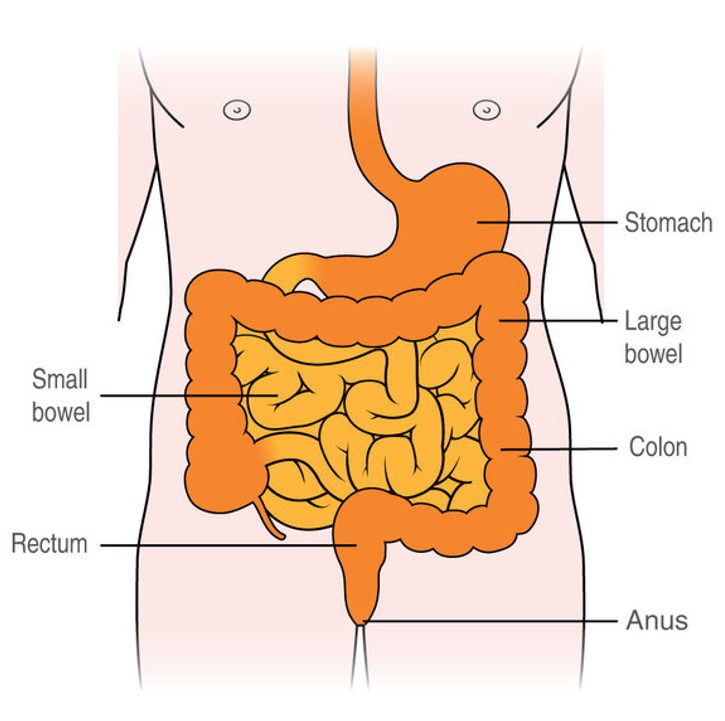Anal cancer is a rare type of cancer that starts in the anus (this is the opening at the end of the bowel).
In the UK, almost 1,500 people develop anal cancer each year. It is more common in women than in men
Anal cancer can start in any part of the anus and can start in different types of cells. There are different types of anal cancer depending on which type of cell the cancer starts in. The cell type and position of your cancer can affect what treatment you have.
Meet the Gastrointestinal (GI) team.
Am I at risk?
Some other risk factors of anal cancer include:
• Human papilloma virus (HPV). (HPV is linked to around 90% of anal cancer in the UK).
• Lowered immunity – due to medicines to suppress immunity or by contracting HIV
• Sexual activity – having lots of sexual partners, or having anal sex, increases risk
• Smoking
• Age – like most types of cancer, the risk of anal cancer increases as you get older
• Anal intraepithelial neoplasia (AIN) – when abnormal cells develop in the skin just outside the anus
For more information on the risks of anal cancer, please follow this link.
Types of anal cancer
Anal cancers can start in a type of cell called squamous cells. Squamous cell cancers are the most common type of anal cancer and make up around 90% of all anal cancers. They are also called epidermoid cancers. Other rare types include adenocarcinoma and melanoma.
Anal cancers that don’t start in squamous cells are called non-epidermoid cancers. These make up the rest of anal cancers. The treatment for non-epidermoid cancer is different from the treatment for squamous cell anal cancer.
The different types of non-epidermoid cancers are :
- Adenocarcinoma (This develops from the glandular cells that produce mucus in the anal canal. It is rare, and doctors treat it in the same way as rectal cancer)
- Basal cell carcinoma (This is a type of skin cancer and starts in the skin area around the anus)
- Melanoma (This is another type of skin cancer and is very rare. It starts in skin cells called melanocytes. Doctors treat this type of anal cancer in the same way as melanomas).
Symptoms of anal cancer
The symptoms of anal cancer are often similar to more common and less serious conditions affecting the anus, such as piles (haemorrhoids) and small tears or sores called anal fissures. The most common symptoms of anal cancer include:
- Bleeding from the anus
- Pain, discomfort and severe itching around the anus
- Difficulty controlling bowel movements
- Small lumps around the anus area, commonly confused with piles
- Discharge of mucus from the anus
Basal cell carcinoma, adenocarcinoma and melanoma anal cancers may have different symptoms.
About 1 in 5 people with anal cancer have no symptoms. These symptoms can be caused by conditions other than anal cancer. But it is very important to get them checked by your GP.
For more information on the symptoms of anal cancer, please follow this link.
Patient information
For information from Macmillan regarding anal cancer, please follow this link.
For information from Cancer Research UK regarding anal cancer, please follow this link.
